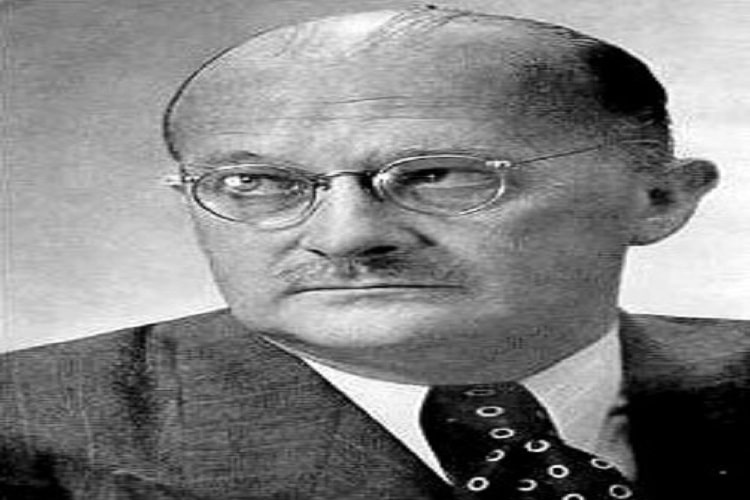Adolf Otto Reinhold Windaus (25 December 1876 – 9 June 1959) was a German chemist. In 1928, Adolf Otto Reinhold Windaus was awarded the Nobel Prize in Chemistry.
Life and Career
Adolf Otto Reinhold Windaus was born on 25 December 1876, in Berlin, Germany.
Windaus pursued his education in chemistry and earned his Ph.D. from the University of Göttingen in 1900 under the supervision of Theodor Curtius.
Windaus is best known for his work on sterols, which are a class of organic compounds found in animals and plants.
He made significant contributions to the understanding of cholesterol and vitamin D. His research played a crucial role in elucidating the structure of these compounds.
His work on vitamin D had a profound impact on the prevention and treatment of rickets, a disease caused by a deficiency of this vitamin.
Windaus also investigated the chemistry of bile acids and their relationship to cholesterol metabolism.
Adolf Otto Reinhold Windaus passed away on June 9, 1959, in Göttingen, Germany, at the age of 82.
Award and Legacy
Adolf Windaus received several awards and honors for his contributions to chemistry, including the Nobel Prize in Chemistry in 1928.
He was awarded the Nobel Prize for his research on the constitution of sterols and their connection with vitamins.
The Nobel Committee praised his work for its practical significance in the field of medicine.
Windaus’s research paved the way for a better understanding of the chemistry of sterols and their biological significance.
His work on vitamin D had a lasting impact on public health by contributing to the prevention of rickets.
He is remembered as one of the pioneers of organic chemistry in the early 20th century.

